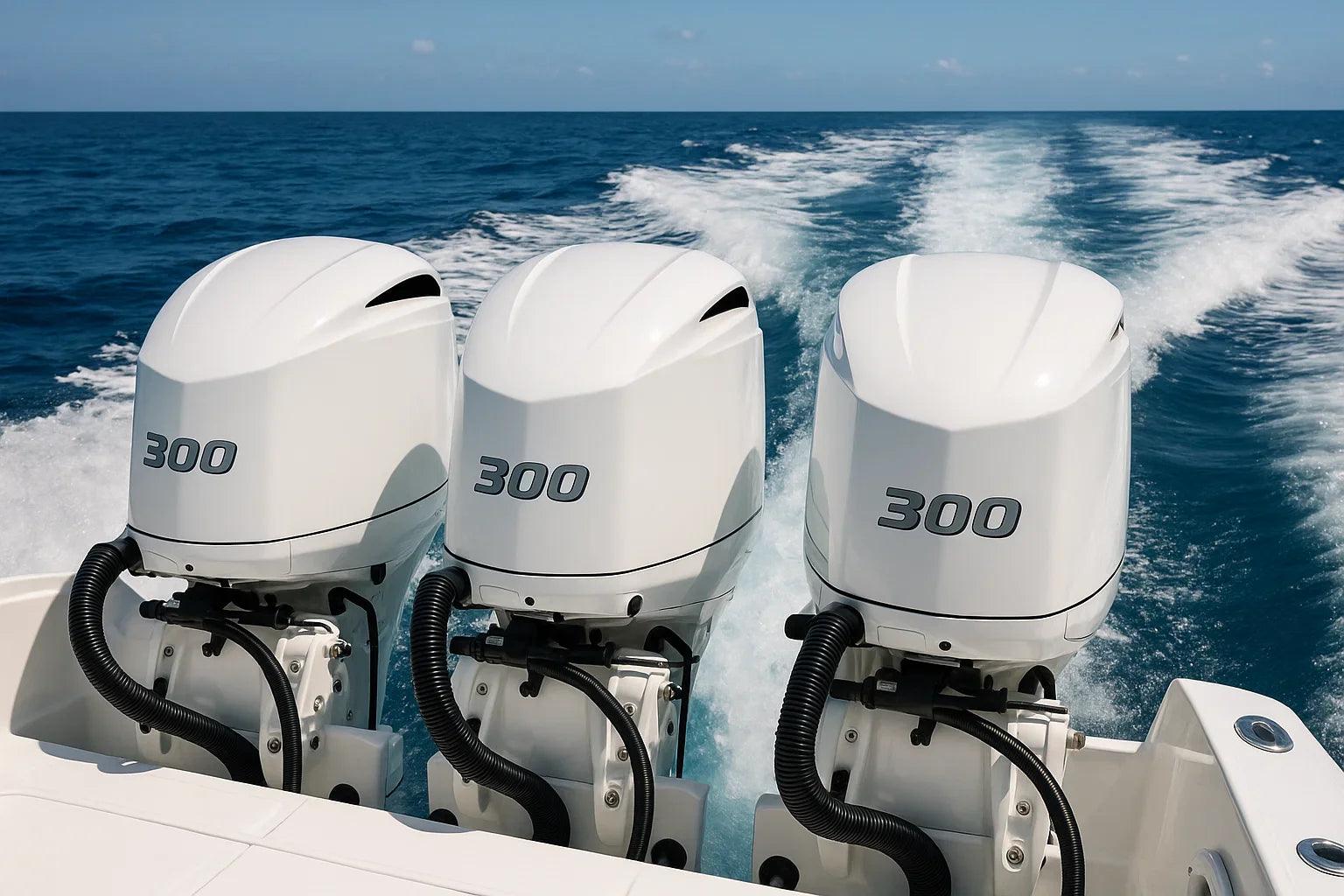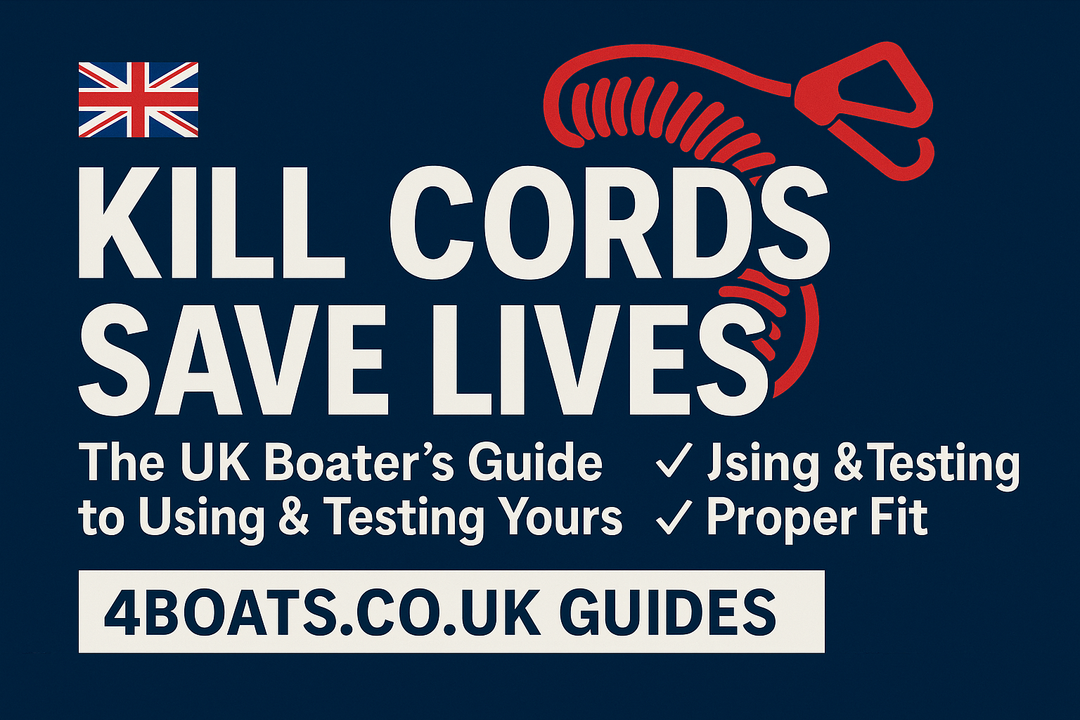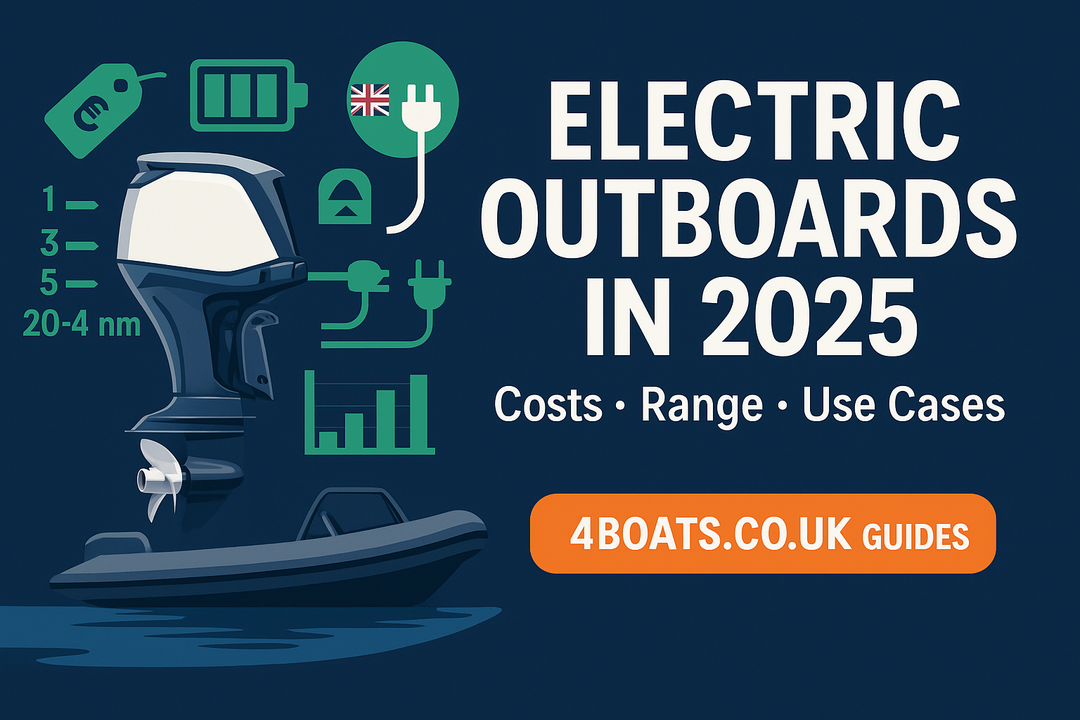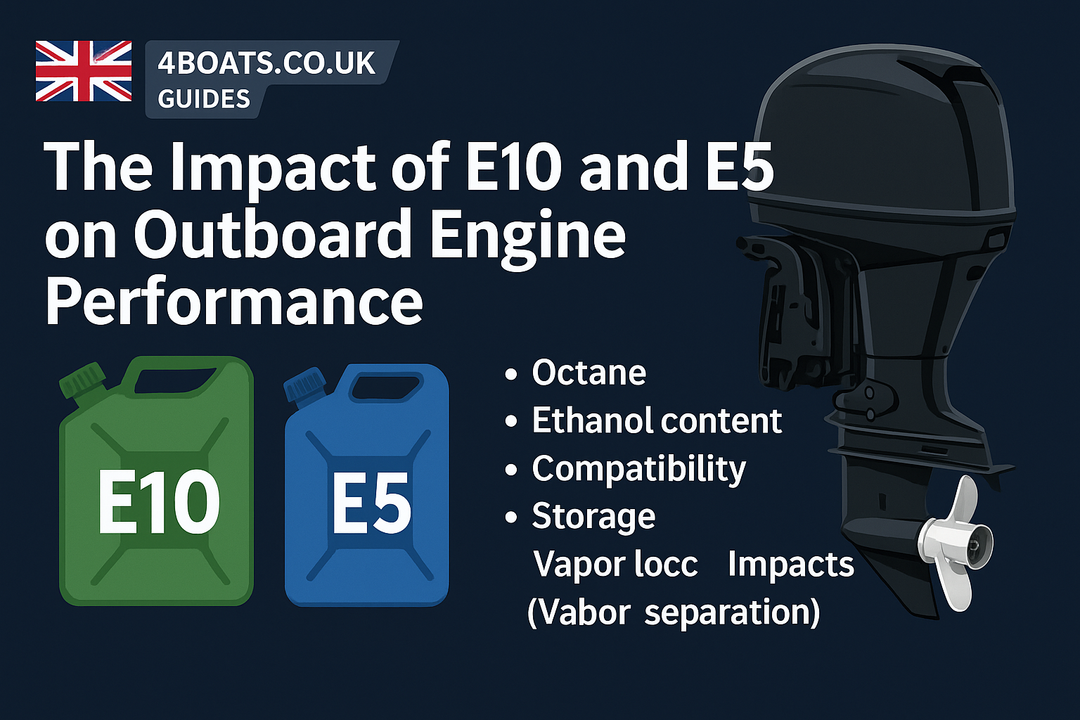Common Starter Motor Problems Every UK Boater Should Know
Your boat's starter motor is essential for getting your engine running smoothly. Understanding common problems can save you time and money while ensuring your safety on the water.
Common Starter Motor Issues
Here are some frequent starter motor problems that UK boat owners should be aware of:
- Electrical Connections: Corrosion or loose wires can disrupt the power supply.
- Battery Issues: A weak or dead battery is often the culprit behind starting failures.
- Starter Relay Failure: If the relay is faulty, the starter may not engage.
- Worn Out Starter Motor: Over time, the motor can wear out and fail to start the engine.
Troubleshooting Steps
If you experience starting issues, follow these troubleshooting steps:
- Check the battery voltage with a multimeter.
- Inspect all electrical connections for corrosion or looseness.
- Test the starter relay by bypassing it.
- Listen for clicking sounds when turning the key; this indicates a potential starter issue.
Maintenance Tips
Regular maintenance can prevent many starter motor problems:
- Clean battery terminals and connections regularly.
- Ensure the battery is charged and in good condition.
- Check the starter motor for signs of wear or damage.
- Keep wiring and connections free from moisture and corrosion.
Key Takeaways
- Regular checks can prevent starter motor issues.
- Corrosion and battery problems are the most common issues.
- Always carry basic tools for troubleshooting on board.
Mini FAQ
What should I do if my boat won’t start?
Start by checking the battery and electrical connections. If those are fine, inspect the starter motor and relay.
How often should I maintain my starter motor?
Perform maintenance checks at least once a season, or more frequently if you use your boat regularly.
Sources & further reading
Need UK-ready kit? Explore maintenance tools and safety equipment at 4Boats.





